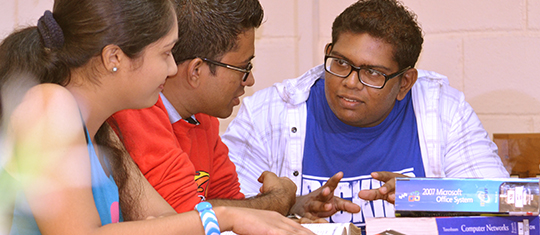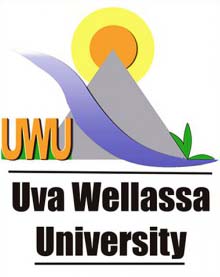Results Area 2: Improving the Quality of Higher Education
This results area aims to support Higher Education Institutions to produce students who are well-qualified academically and also suitably prepared for the world of work and for wider civic and social life. The following strategic actions will be used to achieve this objective:
Enriching Learning, Teaching and Assessment (ELTA) and English Language Skills Enhancement (ELSE) Development Projects (DPs)
A system of competitive DPs for ELTA-ELSE will be established to support innovative approaches for the combined development of academic excellence and socio-emotional skills. These DPs will assist university faculties and departments to introduce modern curricula, teaching-learning methods, and assessment approaches; expand the use of digital resources and blended learning; promote industry placements and workplace exposure for students; enhance the English language skills of students; promote the entrepreneurship skills of students; facilitate international linkages between domestic and overseas universities to strengthen teaching and learning; and facilitate staff exchange programs between universities and private firms. Improvement of the English language skills of students can be done either through the Departments of English Language Teaching (DELTs) or other relevant English language training institutions to enhance the English proficiency of students. This ELTA-ELSE program will contribute to keep students abreast of the latest academic knowledge in their subjects, and it will enable graduates to obtain jobs in reputed companies in the private sector. Special attention will be given to arts, management, and science programs because graduates from these programs need to fit into a wider range of jobs than graduates from professional programs such as medicine and engineering.
ELTA ELSE Department Unit Guidelines
ELTA ELSE Faculty DP guideliens -
Professional development
The Program will support university academics to obtain PhD or equivalent doctoral qualifications and SLIATE academic staff to obtain master’s degrees and professional doctorates from reputed universities. University academics will only be eligible for The PhD and Doctoral scholarships from reputed overseas universities and higher education institutions. The scholarships would be for both full time and split-site doctoral programs. The Program will also support short-term training programs for the capacity building of academic, managerial, and technical staff of the MHEH, UGC, SLIATE, universities, ATIs, and non-state HEIs. Staff development will use a variety of methods such as programmatic training, cohort training, and on-the- job training.
Scholarship programs for PhDs: Guidelines for Universities, Campuses, and Institutions
Quality Assurance (QA)
QA reviews will be undertaken for all 15 universities over the life of the program. These reviews will cover the following dimensions: curriculum design and development; teaching and learning; learning resources, student support, and progression; student assessment and awards; strength and quality of staff; postgraduate studies, research, and innovation; community engagement, consultancy, and outreach; distance education; QA; and governance and management. Simultaneously, internal QA mechanisms will be strengthened in the universities through Internal Quality Assurance Units (IQAUs) and in the ATIs through Internal Quality Assurance Cells (IQACs) . The Standing Committee on Accreditation and Quality Assurance (SCAQA) of the MHEH will undertake the registration and QA of non-state HEIs.




